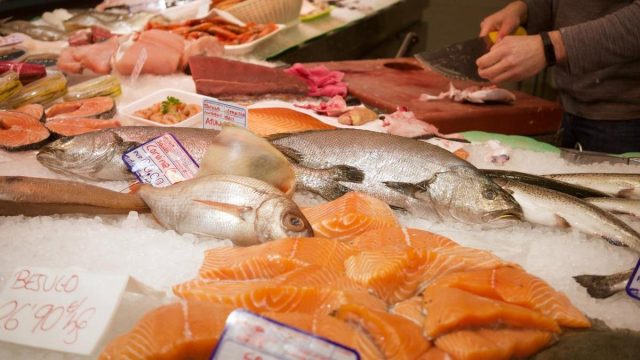Eating a healthy diet is the first step in preventing many diseases. Fish is an important food (although not necessary) to achieve this, because it has many benefits for our body and essential nutrients such as omega-3 fatty acids.
The Spanish Agency for Food Safety and Nutrition (Aesan) advises in its latest recommendations that most people eat three or four fish a week, “trying to tell the difference between white and blue fish.”
Eating fish at an early age is highly recommended, however, not all fish have the same nutritional value. From Aesan warns that there are others Fish “high in mercury that needs to be controlled”.
The agency warns that methylmercury is harmful to the human body, because “affects the development of the central nervous systemtherefore, the unborn child and very young children are the ones most affected by this iron. They have been seen again effects on body weight, locomotor function, and auditory function“.
Despite this, Aesan recommends eating fish several times a week because of its health benefits. Also, fish is an important part of the Mediterranean diet.
We will show you Three fish that doctors advise you to avoid in your diet:
- For me: After several years of controversy, this fish, according to Dr. Roberto Méndez, has become “the most acceptable in Spain.” Although it is a safe food, the way it is grown has always been a source of controversy, as 90% of the pangasius sold in Europe comes from the polluted waters of the Mekong, in Vietnam.
- Edge: It is a fish from Ethiopia that is also known as “Nile perch.” Overfishing and polluting the environment means that it is not being raised in the best possible environment.
- Vietnamese catfish: They share bad habits like pangasius. A study published in the Journal of Food Science & Agriculture found that between 70% and 80% of the samples were contaminated with vibriobacteria, which is the cause of many cases of poisoning. It is a very low-fat food, therefore, low in omega-3 fatty acids.





